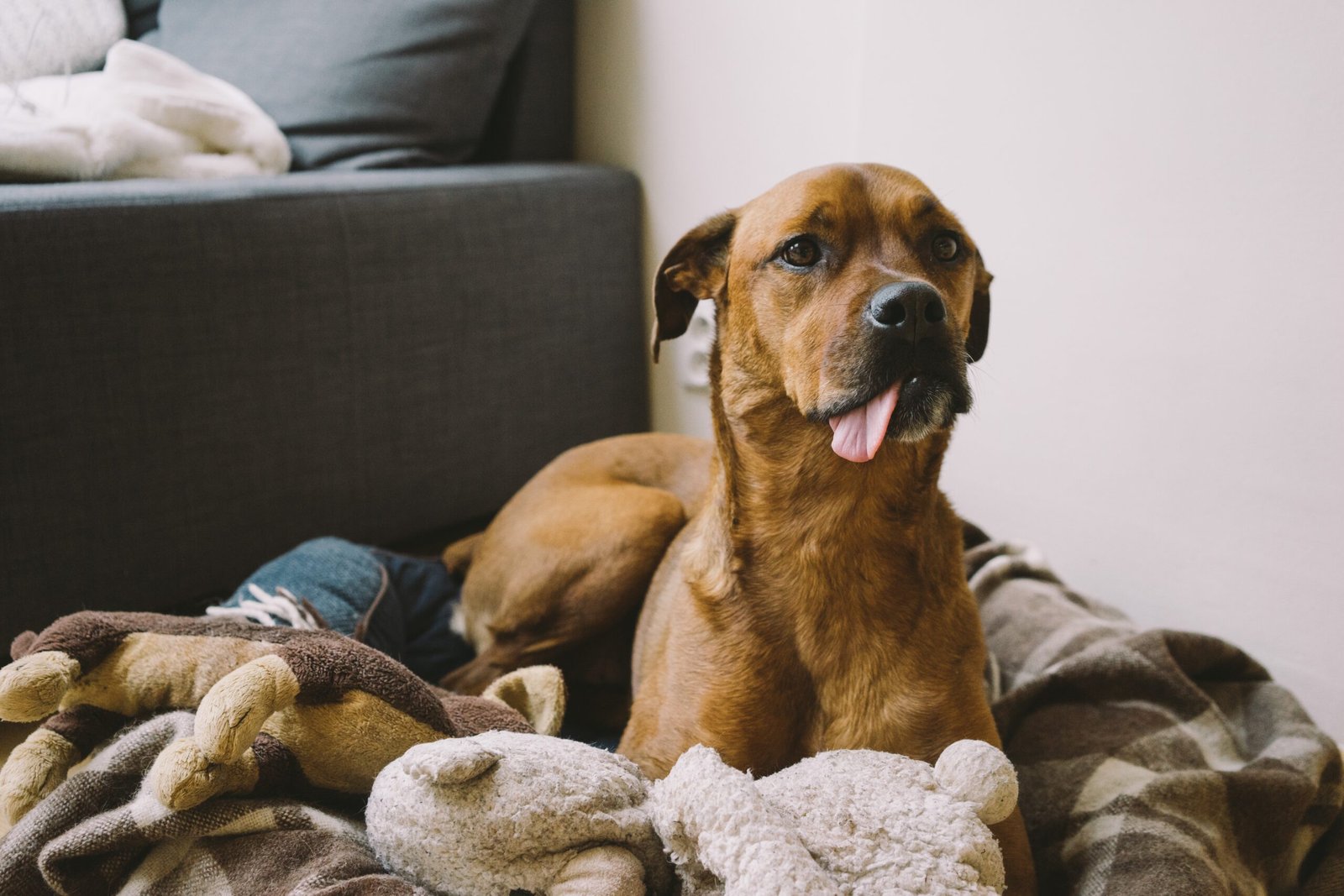Overcoming Pet Separation Anxiety: Top 10 Ways to Help Your Furry Friend Stay Calm
Introduction:
Leaving your beloved pet behind when you head out for work or travel can be a heart-wrenching experience. Many pets, especially dogs, can experience separation anxiety, which can lead to destructive behavior and distress. In this blog post, we will explore the top 10 ways to overcome pet separation anxiety and ensure your furry friend stays calm and happy even when you’re not around.
1. Gradual Departures and Arrivals
One effective way to ease your pet’s anxiety is by gradually getting them used to your departures and arrivals. Start by leaving for short periods and gradually increase the duration. This will help your pet understand that you will always come back.
2. Create a Safe Space
Designate a specific area in your home as a safe space for your pet. Fill it with their favorite toys, blankets, and treats. This space will provide them with comfort and security when you’re away.
3. Interactive Toys and Puzzles
Keep your pet engaged and distracted by providing them with interactive toys and puzzles. These toys will not only keep them occupied but also stimulate their minds and alleviate anxiety.
4. Calming Music or White Noise
Playing calming music or white noise in the background can help soothe your pet’s nerves. There are even specially designed playlists available that are known to reduce anxiety in pets.
5. Regular Exercise and Mental Stimulation
Ensure your pet gets plenty of exercise and mental stimulation. A tired pet is less likely to experience anxiety. Take them for walks, play fetch, or engage in other activities that keep them physically and mentally active.
6. Desensitization Techniques
Gradually expose your pet to situations that trigger their anxiety, such as putting on your coat or picking up your keys. By repeatedly exposing them to these triggers without leaving, you can help desensitize them over time.
7. Seek Professional Help
If your pet’s separation anxiety is severe and persists despite your efforts, consider seeking professional help. A veterinarian or animal behaviorist can provide expert guidance and suggest appropriate treatments or medications.
8. Use Calming Products
There are various calming products available in the market, such as pheromone diffusers, sprays, and anxiety wraps. These products can help create a sense of calmness and security for your pet.
9. Establish a Routine
Pets thrive on routine. Establishing a consistent daily schedule for feeding, playtime, and walks can help reduce anxiety by providing them with a sense of predictability and stability.
10. Consider Pet-Sitting or Daycare
If your pet’s anxiety is severe and you’re unable to be with them during the day, consider hiring a pet-sitter or enrolling them in a reputable daycare facility. These options ensure your pet receives the attention and care they need while you’re away.
FAQs:
Q: Can separation anxiety affect cats?
A: Yes, although separation anxiety is more commonly associated with dogs, cats can also experience anxiety when left alone for extended periods. They may exhibit behaviors such as excessive meowing, destructive scratching, or urinating outside the litter box.
Q: How long does it take for a pet to overcome separation anxiety?
A: The time it takes for a pet to overcome separation anxiety varies from animal to animal. With consistent training and patience, some pets may show improvement within a few weeks, while others may take several months to adjust.
Q: Are there any natural remedies for pet separation anxiety?
A: Yes, some natural remedies, such as lavender oil, chamomile, or CBD treats, may help calm anxious pets. However, it’s essential to consult with your veterinarian before introducing any new supplements or remedies.
Q: Can separation anxiety in pets be prevented?
A: While not all cases of separation anxiety can be prevented, early socialization, crate training, and gradually exposing your pet to different environments and people can help reduce the likelihood of separation anxiety developing.
Q: Should I punish my pet for destructive behavior caused by separation anxiety?
A: No, punishment is not an effective solution for separation anxiety. Punishing your pet can worsen their anxiety and lead to further behavioral issues. Instead, focus on positive reinforcement and providing them with a secure and comforting environment.
Tips:
- Ensure your pet has access to fresh water and a comfortable resting area.
- Consider using a webcam or pet monitoring system to check on your pet while you’re away.
- Engage in calming activities with your pet, such as gentle grooming or massage.
- Avoid making a big fuss when leaving or returning home, as this can increase your pet’s anxiety.
- Practice patience and consistency throughout the training process.
Conclusion:
Overcoming pet separation anxiety requires patience, understanding, and consistent effort. By following these top 10 tips, you can help alleviate your pet’s anxiety and create a sense of security when you’re not around. Remember, each pet is unique, so it may take time to find the right combination of techniques that work best for your furry friend. With love and care, you can help your pet overcome separation anxiety and ensure their well-being.
Call to Action:
Share your own experiences and tips for overcoming pet separation anxiety in the comments below. Let’s support each other in providing the best care for our furry friends. Don’t forget to share this blog post with other pet owners who may find it helpful. Together, we can help pets lead happier, stress-free lives!









